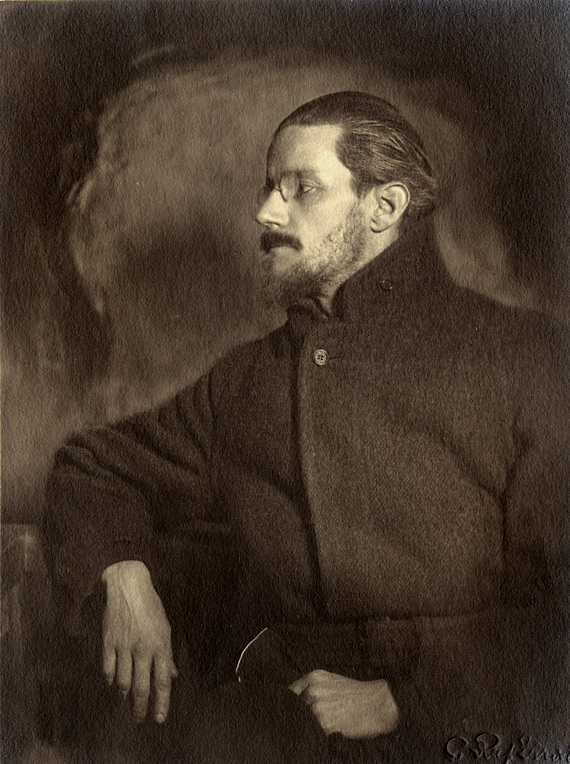James Joyce najznámejšie citáty
James Joyce citáty a výroky
James Joyce: Citáty v angličtine
“But toms will till. I know he well.”
Book I, Chapter 8
'time will tell'; 'I know he will / I know him well'
Finnegans Wake (1939)
“There is not past, no future; everything flows in an eternal present.”
To Jacques Mercanton, on the structure of Ulysses, as quoted in James Joyce: The Critical Heritage (1997) by Robert H. Deming, p. 22
"Ireland, Island of Saints and Sages," lecture, Università Popolare, Trieste (27 April 1907), printed in James Joyce: Occasional, Critical and Political Writing (2002) edited by Kevin Barry [Oxford University Press, 2002, <small> ISBN 0-192-83353-7</small>], p. 125
“The oaks of ald now they lie in peat yet elms leap where askes lay.”
4.14-15
Finnegans Wake (1939)
“The sly reeds whisper to the night
A name — her name”
Alone, p. 18
Pomes Penyeach (1927)
From the poem I Hear an Army http://www.bartleby.com/103/128.html
“You forget that the kingdom of heaven suffers violence: and the kingdom of heaven is like a woman.”
Exiles (1915), Act II http://www.robotwisdom.com/jaj/exiles2.html
“Loveward above the glancing oar”
Watching The Needleboats At San Sabba, p. 10
Pomes Penyeach (1927)
“The fragrant hair,
Falling as through the silence falleth now
Dusk of the air.”
Tutto E Sciolto, p. 13
Pomes Penyeach (1927)
"James Clarence Mangan" (1902)
“And mine a shielded heart for her
Who gathers simples of the moon.”
Simples, p. 15
Pomes Penyeach (1927)
“Tis as human a little story as paper could well carry”
115.36
Finnegans Wake (1939)
James Joyce, “Daniel Defoe,” translated from Italian manuscript and edited by Joseph Prescott, Buffalo Studies 1 (1964): 24-25
Referring to Finnegans Wake in a letter to Harriet Shaw Weaver (24 November 1926)
Said in conversation with Frederic Prokosch and quoted in Prokosch's Voices: A Memoir (1983), "At Sylvia’s." Joyce was replying to Prokosch's statement that Molly Bloom’s monologue in Ulysses was written as a stream of consciousness. "Molly Bloom was a down-to-earth lady" said Joyce. "She would never have indulged in anything so refined as a stream of consciousness."
"A Suave Philosophy," in Daily Express, Dublin (6 February 1903), printed in James Joyce: Occasional, Critical and Political Writing (2002) edited by Kevin Barry [Oxford University Press, <small> ISBN 0-192-83353-7</small>], p. 67
Stephen Hero (1944)
Kontext: Now for the third quality. For a long time I couldn't make out what Aquinas meant. He uses a figurative word (a very unusual thing for him) but I have solved it. Claritas is quidditas. After the analysis which discovers the second quality the mind makes the only logically possible synthesis and discovers the third quality. This is the moment which I call epiphany. First we recognise that the object is one integral thing, then we recognise that it is an organised composite structure, a thing in fact: finally, when the relation of the parts is exquisite, when the parts are adjusted to the special point, we recognise that it is that thing which it is. Its soul, its whatness, leaps to us from the vestment of its appearance. The soul of the commonest object, the structure of which is so adjusted, seems to us radiant. The object achieves its epiphany.
“Around us fear, descending
Darkness of fear above”
On The Beach At Fontana, p. 14
Pomes Penyeach (1927)
“Seraphim,
The lost hosts awaken”
Nightpiece, p. 17
Pomes Penyeach (1927)
“Boor, bond of thy herd,
Tonight stretch full by the fire!”
Tilly, p. 9
Pomes Penyeach (1927)
